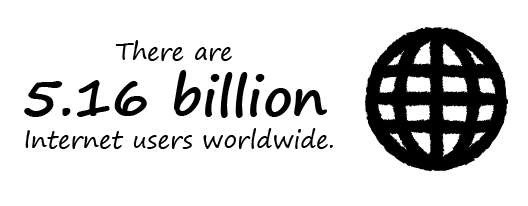
By Sonja Soderlund
For this week’s trivia challenge, we’re reviewing two articles that might cause you to pause and reflect on your experience as a mainframer. Trevor Eddolls (CEO of iTech-Ed Ltd.) is the author of both articles, and his position as an eight-year IBM Champion combined with long experience in the industry makes him well worth listening to.
The first article we’re digging into was written a couple of years ago but has an evergreen theme. In “Are mainframes too negative?” (♧ HINT) Eddolls takes aim at self-help gurus in general and the culture of relentless positivity in particular. Specifically, Eddolls is interested in the psychology of visualizing positive outcomes and the results such a practice might have in a mainframe environment.
While you might assume that this kind of visualization would increase productivity, Eddolls cites research that shows that the practice can, paradoxically, have the opposite effect. In fact, psychologists have found that fantasizing about future accomplishments can actually reduce the drive to put in the hard work that would actually result in success.
If you’re failing to see the link to mainframes here, Eddolls argues that consistently assuming the worst may actually have a better pay-off for a mainframe systems programmer.
He suggests that imagining every possible way that, for example, making changes to the basic definitions of your z/OS system in parmlib could go wrong may cause you to plan more carefully…and hopefully avoid a crisis next time you boot up.
It’s important to note that the idea here isn’t to live in a constant paroxysm of anxiety. We know that living in a state of hyper-vigilance isn’t really sustainable or helpful. But Eddolls insists that planning for things that might go wrong will, in the end, produce more reliable results than simply imagining things going swimmingly.
Eddolls’ second article, “Connect me to the mainframe,” (♧ HINT) hones in on the lived experience of a person who needs to work on the mainframe from home.
This obviously became a very common experience during the pandemic. And, as in so many other areas, the necessity of working on the mainframe from a remote location massively accelerated changes that were already taking place.
Eddolls’ main focus here is the need for a mainframe that comes with a web interface, or failing that, one that is easy to install on a mainframe. In Eddolls’ words: “One piece of software would have to be installed on the mainframe and everyone who is authorized can access CICS or IMS or whatever they want from their browser.”
But does such a unicorn exist? You’ll have to read the article to find out.
Which is not one of the three steps of Acceptance and Commitment Therapy (ACT)?
- Accept your thoughts and emotions
- Choose a valued direction
- Take a breath
- Take action
Click to Reveal Answer
C: Take a breath
Defensive pessimism can best be described as:
- Taking a defensive posture toward criticism
- Thoroughly exploring potential failures to prepare for setbacks
- Assuming you will fail at a task no matter how much you prepare
- Not thinking about things that make you anxious
Click to Reveal Answer
B: Thoroughly exploring potential failures to prepare for setbacks
What was the most common method of connecting to the mainframe from home in the years prior to the pandemic?
- 3270 terminal emulation software running on a PC
- IBM’s PComm and tn3270
- Virtel Web Access
- Macro 4’s Tubes
Click to Reveal Answer
A: 3270 terminal emulation software running on a PC
What are the possible benefits of a mainframe with a web interface, according to Eddels?
- No need for the user to login to a Linux or Windows server first
- No need for IT to purchase any new hardware
- None of the applications would need to be modified in any way
- All of the above
Click to Reveal Answer
D: All of the above
and consistency


